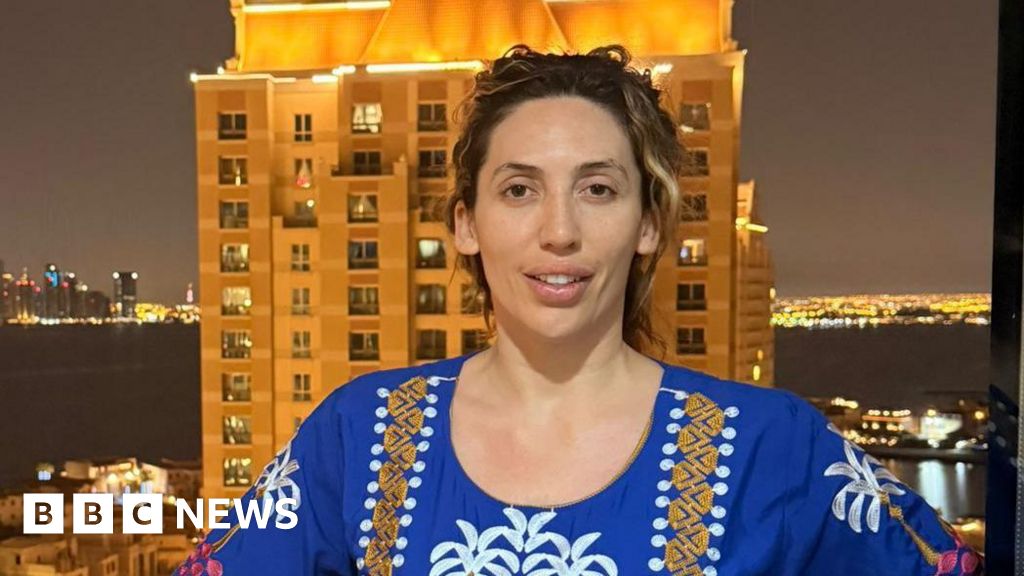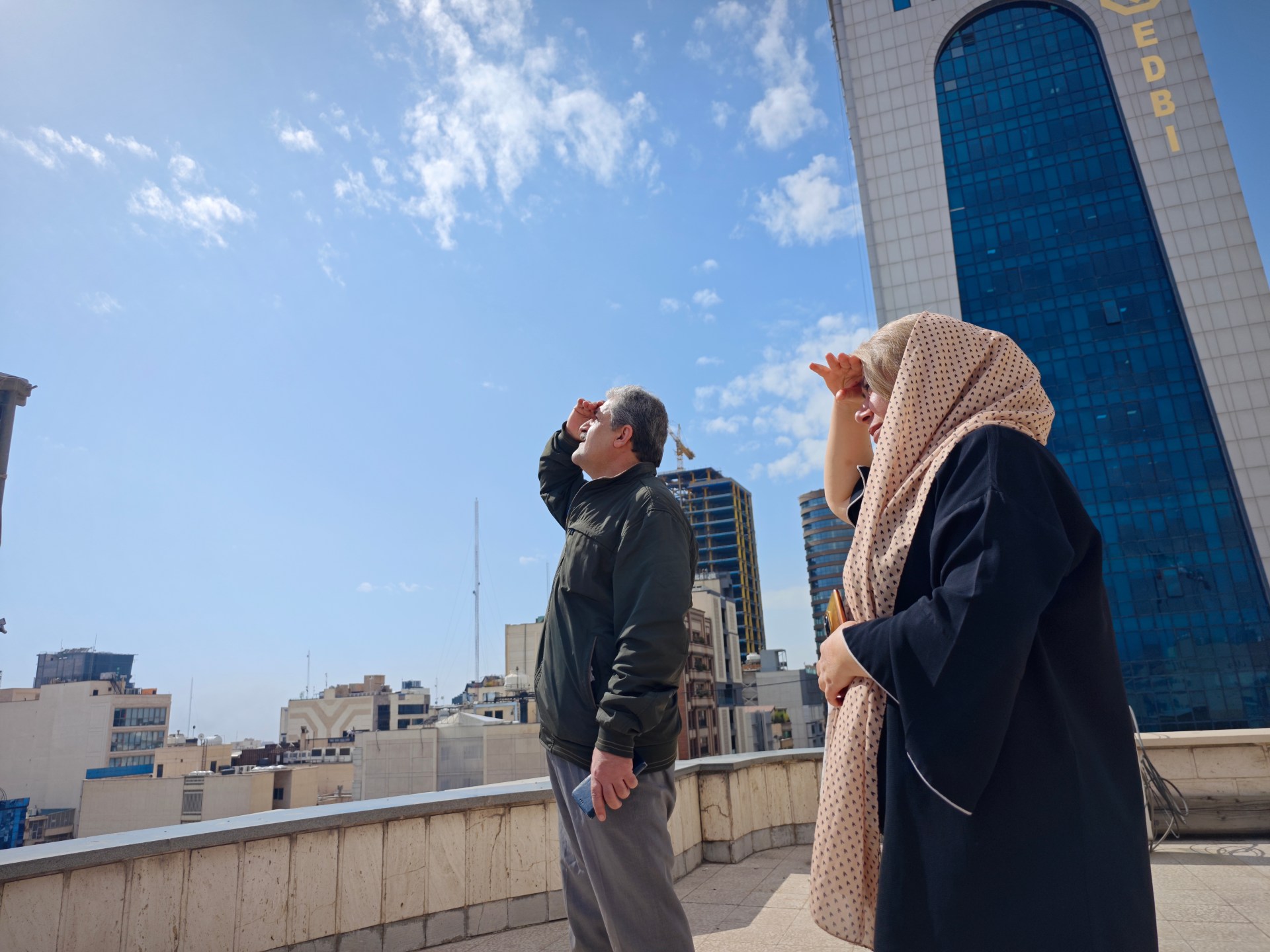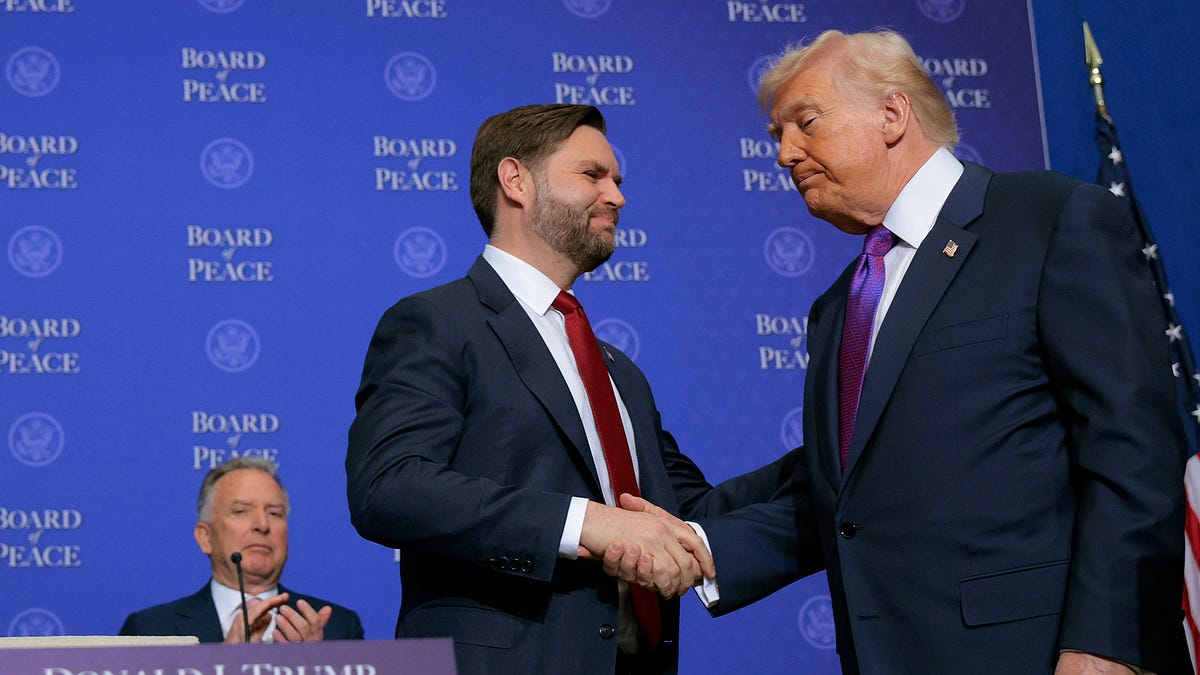- In Qatar: Woman on reality of living in Doha after strikes on Iran BBC
- Missile debris injures 16 in Qatar after Iran launches barrage Al Jazeera
- People gather as smoke rises at the Industrial Area after reported Iranian missile attacks, following…
Category: 2. World
-

In Qatar: Woman on reality of living in Doha after strikes on Iran – BBC
-
MIDDLE EAST LIVE: UN Security Council meeting in emergency session over Iran – UN News
- MIDDLE EAST LIVE: UN Security Council meeting in emergency session over Iran UN News
- How the world has reacted to US and Israeli strikes on Iran BBC
- Arab-Israeli conflict has expanded into ‘full-scale regional war’: Arab League envoy Arab…
Continue Reading
-

Iran, US, Israel officials give civilians clashing directives as bombs drop | News
Tehran, Iran – Iranians are being directly addressed by leaders inside and outside the country after the United States and Israel launched attacks across Iran, prompting Tehran to respond with a wave of…
Continue Reading
-

Team Trump Opposed War with Iran. Then They Started One
Donald Trump and JD Vance during a meeting of the “Board of Peace” on Feb. 19, 2026. Photo by Chip Somodevilla/Getty Images. Donald Trump has launched an illegal and baseless war on Iran in hopes of bringing about regime change – the exact type…
Continue Reading
-

Explosions rock Dubai, Bahrain, Jordan and Kuwait as war spreads across Middle East | US-Israel war on Iran
Iran struck the world-famous Fairmont hotel in Dubai, setting the hotel alight, as the war launched by the US and Israel on Iran quickly spread to the rest of the Middle East on Saturday.
Residents watched in shock as an Iranian missile hit the…
Continue Reading
-

‘The most bitter news’: Iran reels as more than 100 children reportedly killed in school bombing | Iran
Iran’s parents had just dropped their children off for class on Saturday morning when they found themselves racing back to school gates, as bombs began to fall across the country in a joint US-Israel attack.
At one elementary school, according…
Continue Reading
-
America’s Gulf allies face a moment of great peril – The Economist
- America’s Gulf allies face a moment of great peril The Economist
- Allies of US in the Gulf bear brunt of Iran attacks BBC
- The US-Israeli war on Iran could rewrite Gulf security calculations Al Jazeera
- Saudi Arabia Condemns in Strongest Terms…
Continue Reading
-

World leaders react cautiously to U.S. and Israeli strikes on Iran amid fears of growing conflict
BRUSSELS (AP) — World leaders reacted warily to U.S. and Israeli strikes on Iran on Saturday that triggered concerns of a broader conflict.
European leaders held emergency meetings and took measures to protect their citizens in the Middle…
Continue Reading
-
Iran targets US military bases in the Middle East with retaliatory strikes – France 24
- Iran targets US military bases in the Middle East with retaliatory strikes France 24
- Satellite images show more aircraft at Saudi airbase used by US forces Reuters
- What are the main US military bases in the Middle East? The Express Tribune
- US…
Continue Reading
-
Trump's Iran strikes mark his biggest foreign policy gamble – Reuters
- Trump’s Iran strikes mark his biggest foreign policy gamble Reuters
- Trump’s bet on Iranian regime change could be his biggest gamble yet BBC
- How have US politicians reacted to the attack on Iran? Al Jazeera
- Opinion | Why Have You Started This…
Continue Reading